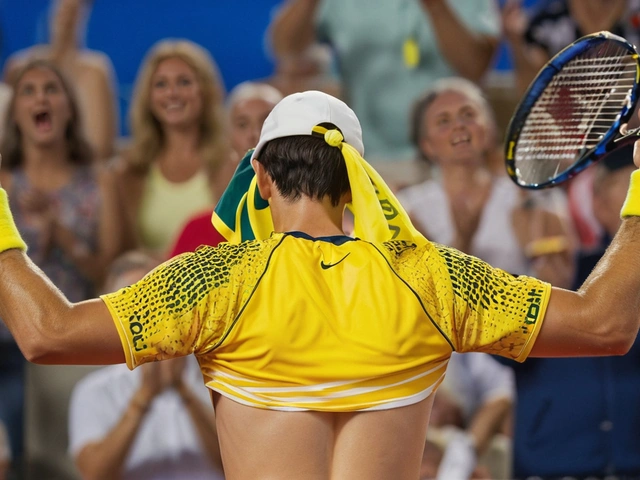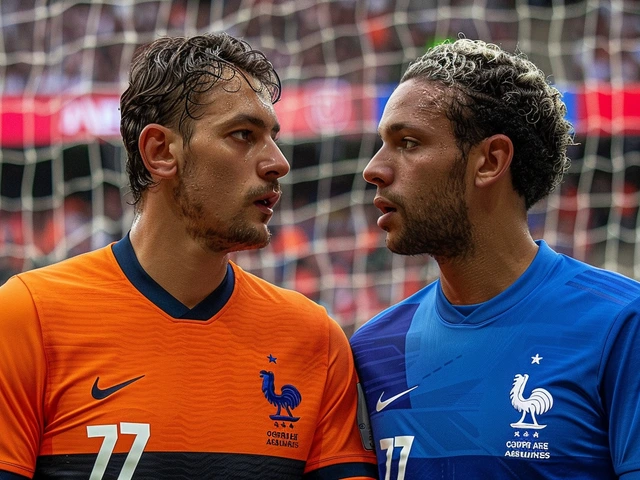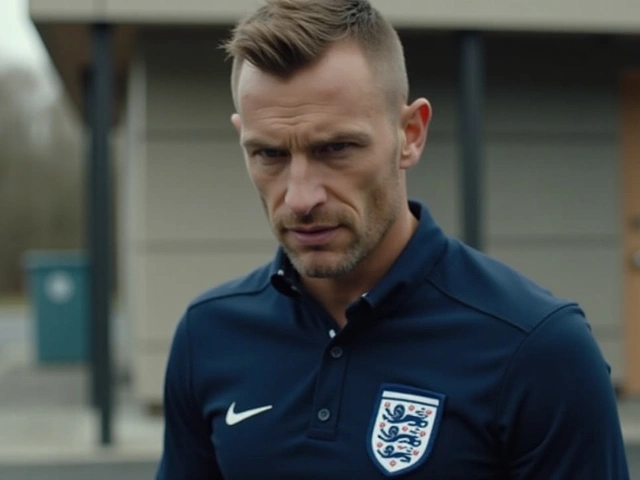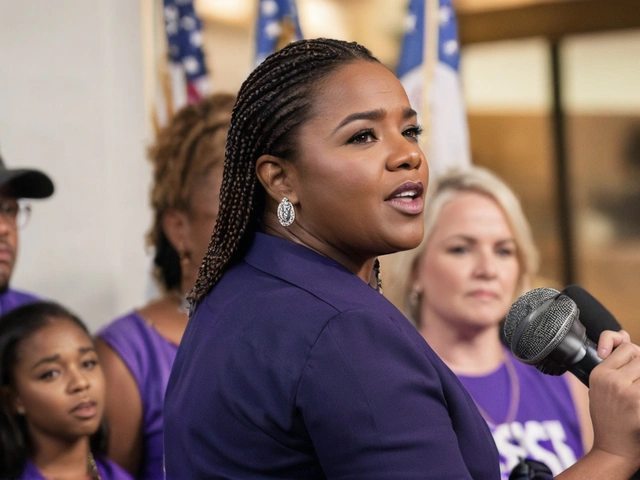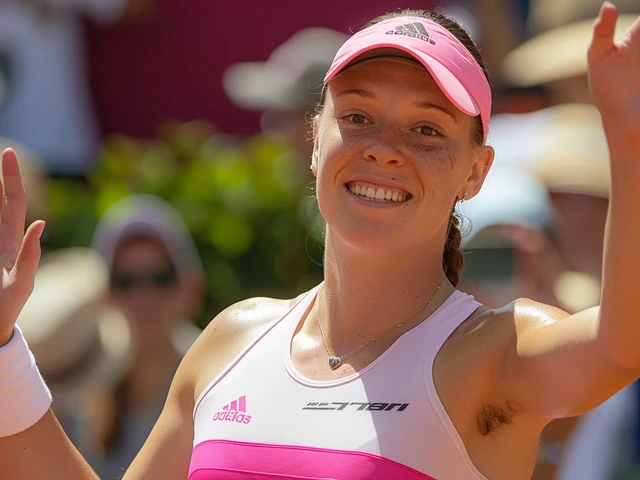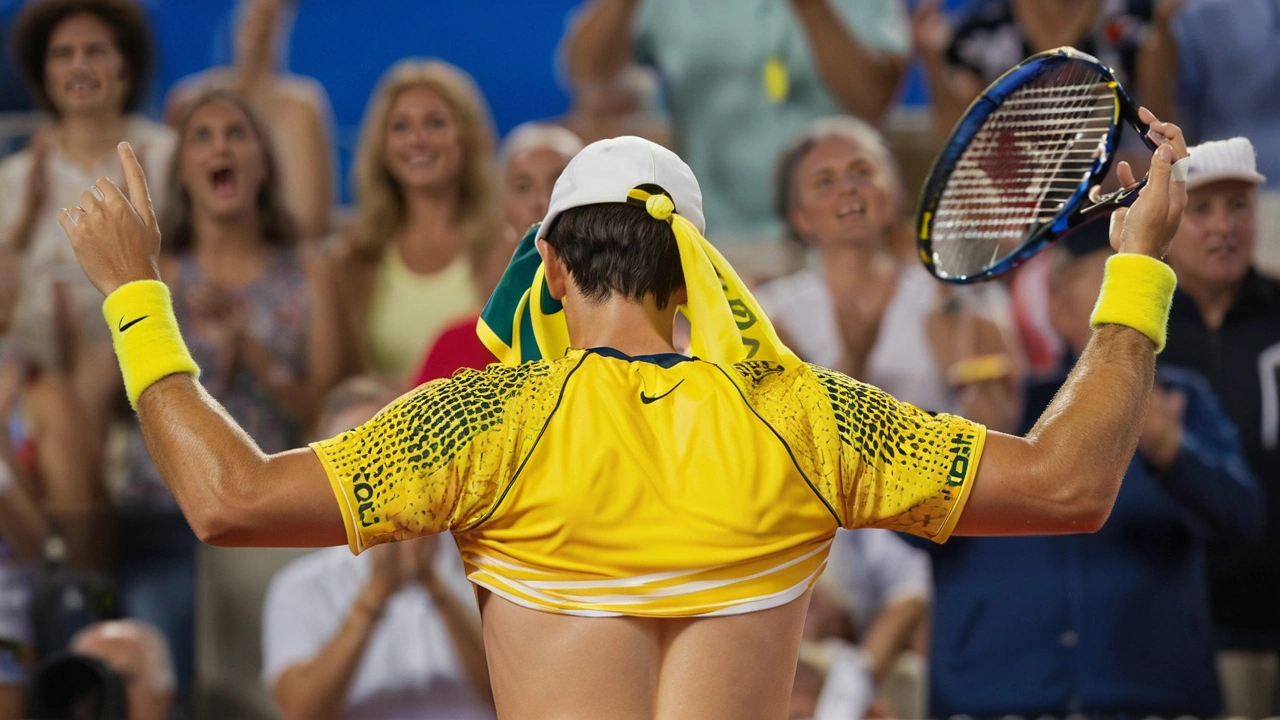
Djokovic Calls for Rule Change After Easy Victory Over Non-Singles Player in Olympics
Tennis sensation Novak Djokovic has stirred the pot by calling for a critical change in the rules governing the Olympics tennis competitions. His concerns were heightened after his recent match against Australia's Matthew Ebden, a seasoned doubles player who has not participated in a main-draw singles match since June 2022. Djokovic, who has an enviable record including 24 Grand Slam titles, strongly advocates that the system allowing non-singles players to replace those withdrawing at the last minute needs rethinking.
The incident occurred when Holger Rune, ranked 16th in the world, had to withdraw, and Ebden was slotted into the singles competition. Ebden, who had been in Paris primarily for the men's doubles, suddenly found himself on the singles court against one of the best players in the world. According to Djokovic, this move was far from fair. The Serbian tennis ace argued that singles players, who were alternates, should have been called upon first to step in, maintaining the competitive integrity of the match.
Djokovic is not alone in his view. Carlos Alcaraz, who has won four major titles, voiced his agreement, saying that the rule is outdated and needs a reform. Both players are pushing for a system where singles alternates should automatically receive priority over doubles players. The current guidelines by the International Tennis Federation (ITF) do allow for last-minute replacements, but due to logistical complexities, selecting appropriate alternates becomes a challenge.
The Call for Change
The world of sports thrives on rules that ensure fair play and competitive balance, and Djokovic is no stranger to advocating for such principles. His request is to create a structure that prioritizes the readiness and capability of players. While Ebden is an accomplished doubles player, transitioning immediately to a singles game against a high-ranking opponent could disrupt the fairness of the match.
Logistical Challenges
The very nature of the Olympic Games presents its set of logistical problems. The organizers have to juggle numerous schedules, ensuring all athletes can compete in their respective events. This is why the current ITF rules permit the inclusion of players like Ebden. Travel constraints, training schedules, and the sheer global span of the players make it challenging to have an ideal system in place. Yet, proponents of the rule change argue that in tournaments as prestigious as the Olympics, fairness should not be compromised due to logistical hurdles.
The Importance of Alternates
Djokovic’s view emphasizes the importance of being prepared. Alternates in singles matches are usually those on the cusp of qualification standards, well-prepared and eager to showcase their talent. When these positions are sidelined, it not only impacts the quality of the competition but also demoralizes players who have been gearing up for such crucial opportunities.
An Unusual Match
The match itself between Djokovic and Ebden turned out to be a one-sided affair, underscoring Djokovic's point. Ebden, despite his considerable skills in doubles, was on the back foot throughout the match. This game could have been more competitive if a prepared singles alternate had been called in. The dynamics of singles and doubles tennis differ significantly, and a player specializing in one could struggle when thrust into the other unexpectedly.
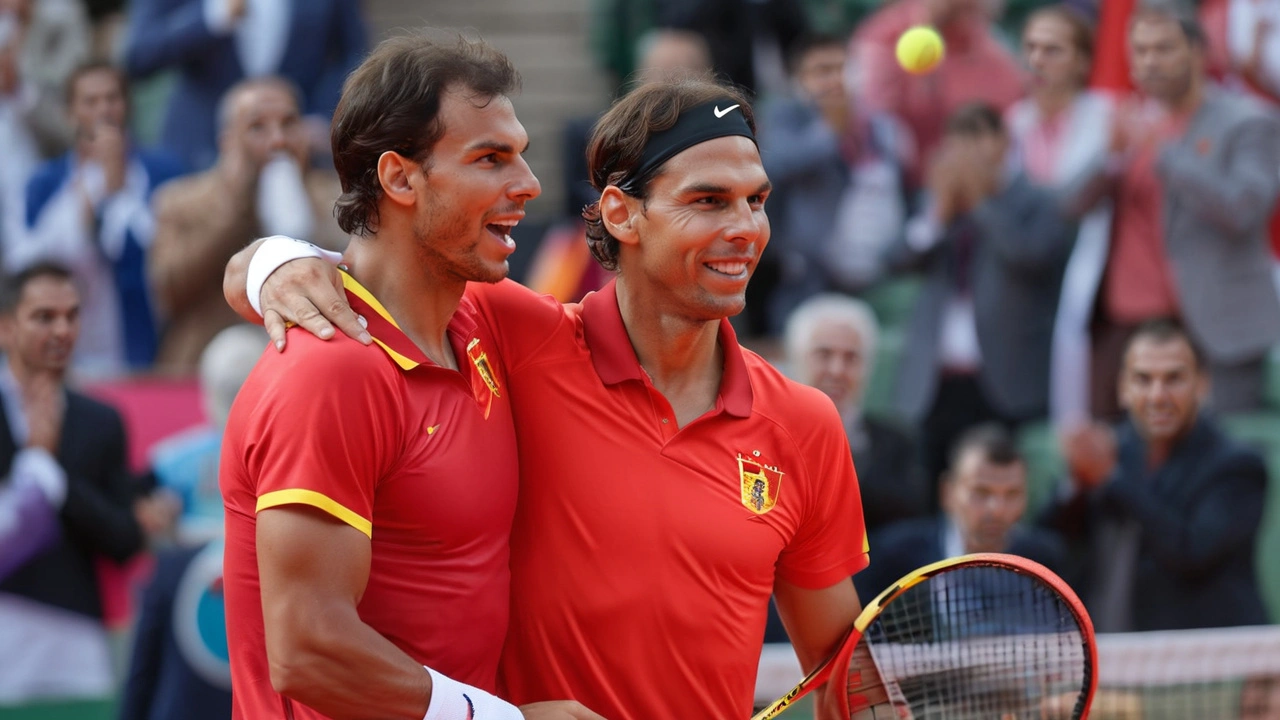
Golden Aspirations
For Djokovic, the Olympics remains a significant goal. Despite his numerous achievements, an Olympic gold medal has eluded him. This year, he eyes the ultimate prize, and he's determined that the path to it should be as fair as possible for all involved. His next challenge could be another titanic clash if Rafael Nadal wins his match against Marton Fucsovics, lining up a potential showdown between the two tennis titans in the subsequent round.
Support from the Community
The tennis community is largely behind Djokovic and Alcaraz. Many players believe that a reform in this rule is overdue. They argue that maintaining competitive standards is paramount for the integrity of the sport. As conversations grow louder, the ITF may soon find itself revisiting its rulebook to ensure its regulations keep pace with the evolving landscape of international tennis.
Looking Ahead
Implementing a change in Olympic rules is easier said than done. The process involves numerous stakeholders, from international committees to individual federations. Discussions, debates, and possibly even pilot implementations in smaller tournaments might precede any formal change in the Olympics.
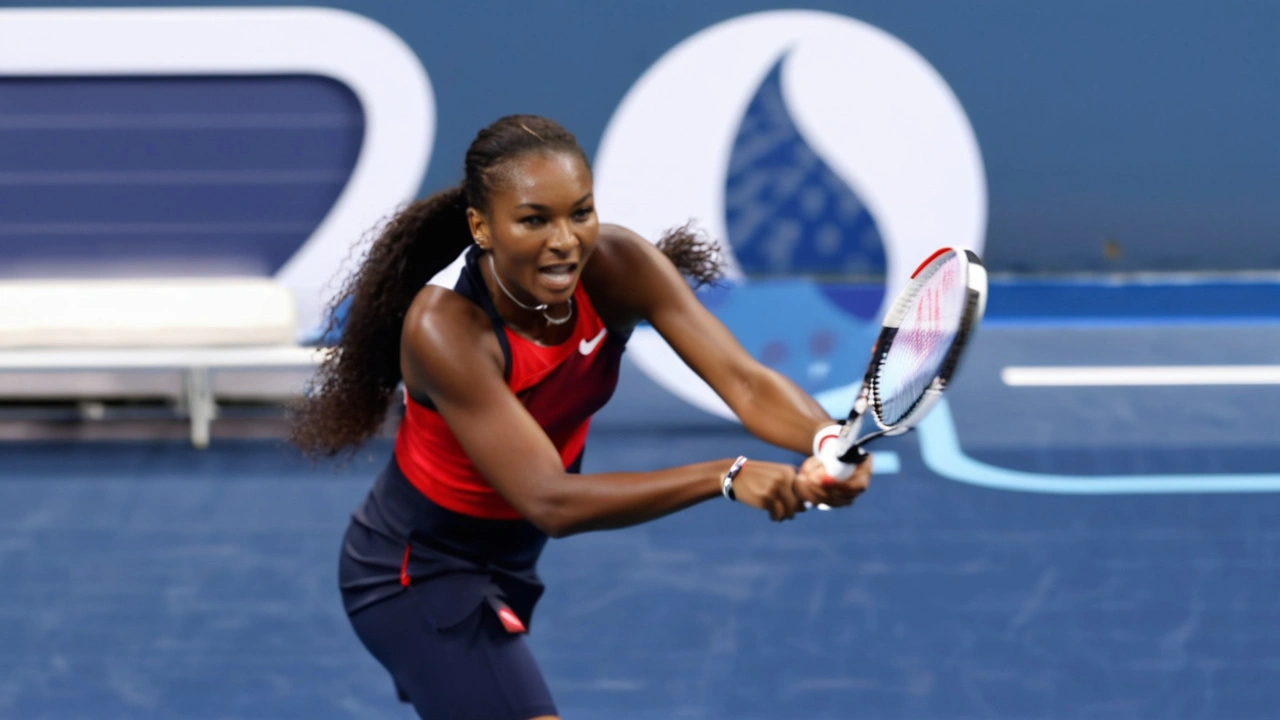
A Spotlight on Tennis Administration
The issue raised by Djokovic sheds light on broader aspects of tennis administration at international events. It raises pertinent questions about player welfare, preparation, and the importance of maintaining competitive integrity. The Olympic Committee and ITF may need to brainstorm strategies that address Djokovic's valid concerns while considering the practicalities of international competitions.
As the tennis world watches closely, one thing is clear: Novak Djokovic's advocacy for this rule change is rooted in a desire for fair play and optimal competition. Whether his call leads to a swift revision or a long-term transformation remains to be seen, but it undoubtedly places a spotlight on the finer points of sports administration. The world waits to see if these tennis giants will bring their arguments from the courts to the decision-making rooms, setting the stage for potentially significant policy shifts in the future of Olympic tennis.

